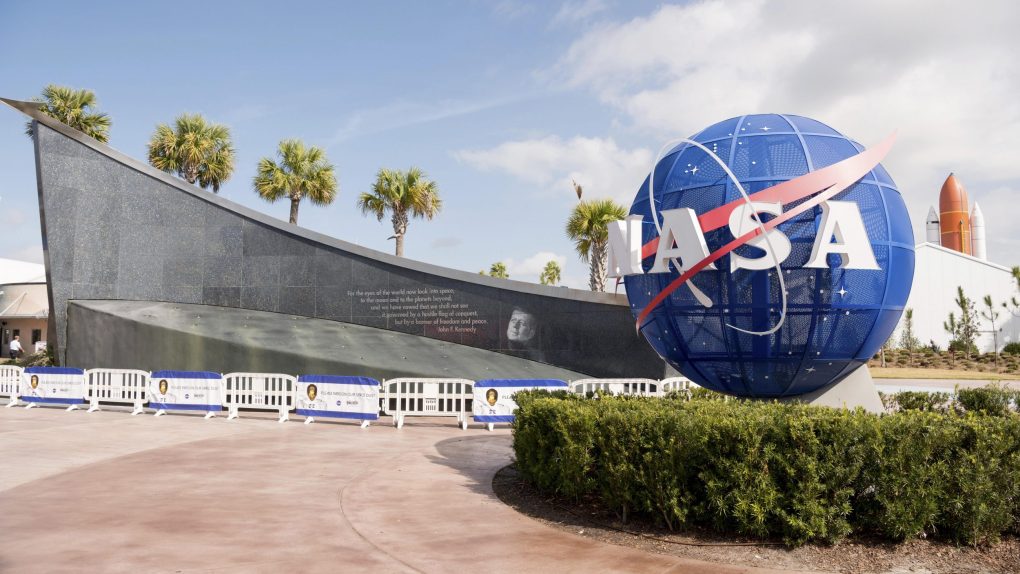- NASA just elevated all of its centers to Stage 3, meaning a mandatory work-from-home order for almost all of its staff.
- Staff considered to be mission-critical will still be allowed to access NASA facilities, but the majority will have to make do from home.
- Visit BGR’s homepage for more stories.
NASA has made the decision to send all of its staff in centers across the country home amid the coronavirus pandemic. The decision comes in the wake of multiple NASA facilities being forced into mandatory work-from-home status after staff members tested positive for COVID-19.
It was roughly a week ago that NASA had to close its Ames Research Center to most employees after one tested positive for the virus. Then, earlier this week, a second NASA employee tested positive, this time at the Marshall Space Flight Center in Alabama. At the time NASA elevated all of its locations to “Stage 2,” which pushed staff to work from home if possible. Now, the agency has elevated its efforts and moved all centers to “Stage 3,” which is a mandatory work-from-home order.
In a memo sent to staff at all of NASA’s centers across the country, NASA administrator Jim Bridenstine noted that only mission-essential personnel will have the option of coming in for work, while all others will have to do whatever they can from home.
“This evening, NASA leadership has decided to elevate all centers and facilities to Stage 3 of NASA’s Response Framework,” Bridenstine says in the memo. “Effective immediately, all employees and contractors will move to mandatory telework until further notice. Mission-essential personnel will continue to be granted access onsite.”
Bridenstine says that NASA is making this decision as a proactive move, hoping to ensure the safety of its staff and prevent as many people from getting infected as possible.
“Although a limited amount of employees have tested positive for COVID-19, it is imperative that we take this pre-emptive step to thwart further spreading of the virus among the workforce and our communities,” he explains. “I strongly encourage you and your families to follow all local, state and federal guidelines to stay healthy and to help slow the spread of the virus.”
At this point in time, it’s unclear if the ongoing public health crisis will have an effect on any NASA missions in the short or long term. NASA had a big year planned, with the launch of the Mars 2020 mission, and because the window to launch a mission to Mars only comes every two years or so, any delay to that mission would mean waiting until 2022 to launch.
The European Space Agency is already grappling with that reality. The ExoMars mission originally set to launch this summer has since been delayed to 2022 after additional testing and the spread of COVID-19 prevented both groups from getting the work done in time to stick with the originally scheduled launch date.








